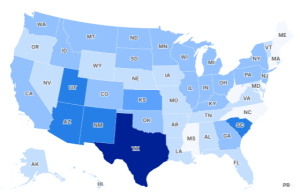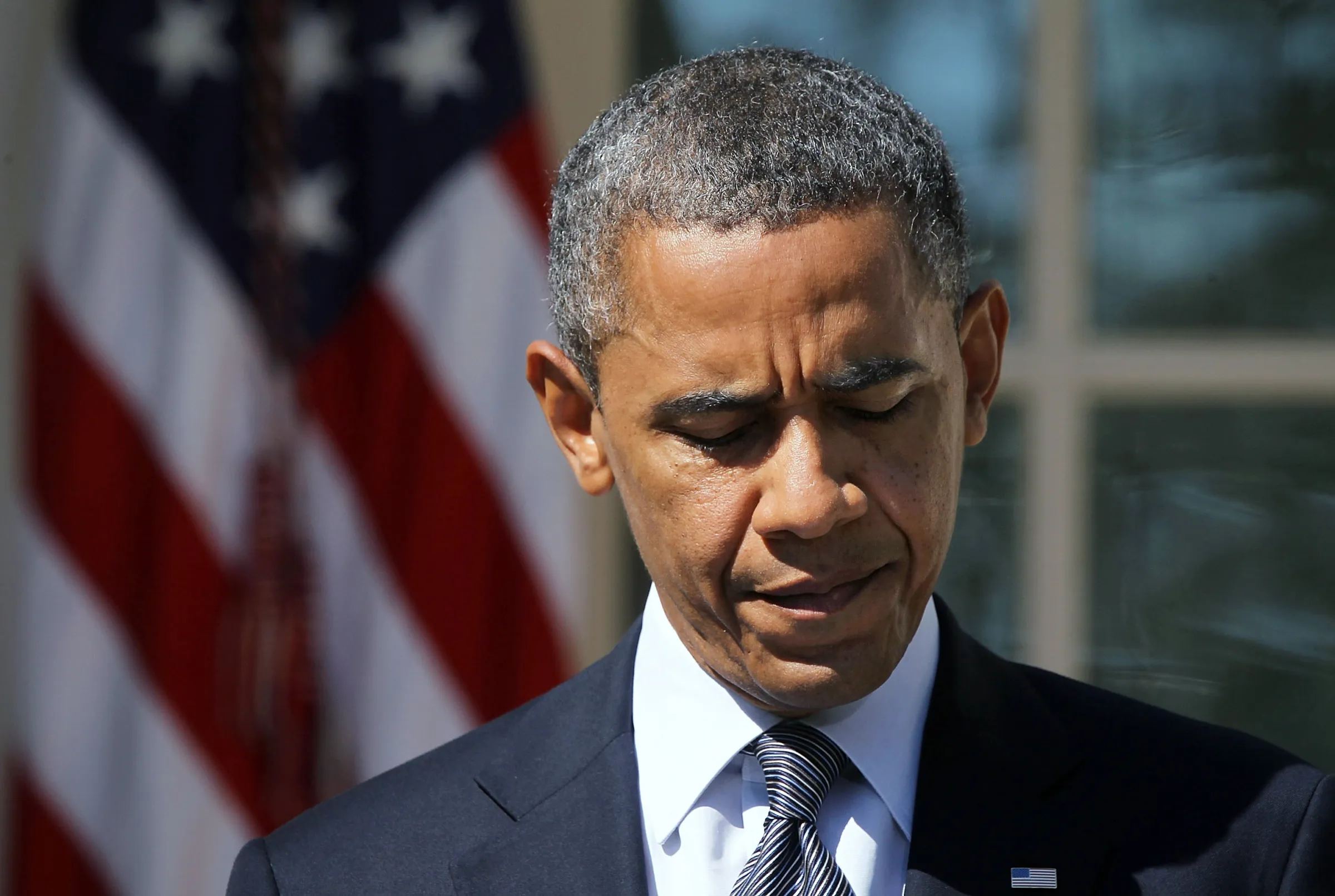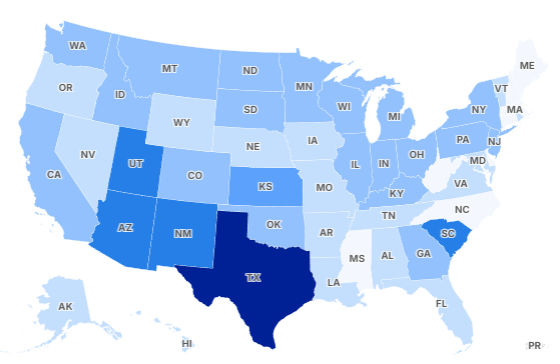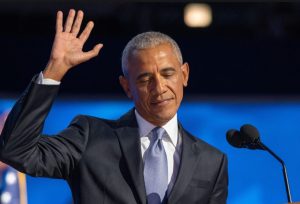For years, the phrase “Russiagate” has been at the center of one of the most divisive political scandals in modern American history. While the media circus around the Trump–Russia collusion narrative has faded somewhat, new revelations are breathing fresh life into a case many thought was closed. Now, a prominent legal expert is saying the unthinkable: former President Barack Obama could, under the right legal circumstances, still face criminal charges connected to Russiagate.
David Schoen, the veteran trial attorney who defended Donald Trump during his second impeachment trial, recently appeared on Newsmax to outline a legal theory that could allow prosecutors to pursue Obama — despite a 2024 Supreme Court ruling granting former presidents broad immunity from prosecution for official acts performed while in office.
According to Schoen, that ruling might not be the last word. Under a specific clause in the U.S. Constitution, there’s a legal path that — if activated — could make Obama vulnerable to criminal charges tied to what critics now call one of the largest disinformation campaigns ever pushed from within the federal government.
But what exactly did Obama do? Why are legal experts revisiting this now? And could charges really be brought against a former president?
Let’s break down what’s changed, and why Obama is suddenly back in the legal spotlight.
The Foundation: What the Supreme Court Said About Immunity
In July 2024, the U.S. Supreme Court ruled in Trump v. United States that former presidents are entitled to absolute immunity from prosecution for “official acts” performed while in office. This landmark decision significantly limited the ability of prosecutors to charge former presidents for actions taken as part of their constitutional duties — unless those actions were clearly outside the scope of official responsibilities.
At the time, the ruling was largely seen as a win for Trump, who was facing several criminal charges related to his conduct during and after the 2020 election. But many legal analysts also pointed out that the ruling would apply to any former president — including Obama.
The ruling essentially established two categories of immunity: absolute immunity for core constitutional acts (such as signing bills or issuing pardons), and presumptive immunity for broader official conduct (such as public messaging or personnel decisions). Anything outside those bounds — such as unofficial conduct — remains open to prosecution.
On the surface, this would seem to put Obama in the clear. But that’s not the end of the story.
The Referral That Named Obama
In a move that stunned many observers, Director of National Intelligence Tulsi Gabbard released a declassified memo earlier this month that directly implicated Obama in the origins of the Russiagate scandal.
The memo, according to officials familiar with its contents, alleges that Obama knew about — and possibly approved — efforts to advance the false narrative that Donald Trump had conspired with Russian officials during the 2016 election.
The memo was accompanied by a formal referral to the Justice Department, recommending an investigation into possible criminal wrongdoing by several senior officials from the Obama administration, including former CIA Director John Brennan and former FBI Director James Comey. But what made headlines was the inclusion of Obama’s name in that referral.
While the referral alone does not constitute criminal charges, it sets the stage for a broader investigation — and opens the door for legal challenges to presidential immunity under certain constitutional conditions.
David Schoen’s Legal Theory
Speaking on Newsmax, Schoen made the case that the Supreme Court’s immunity ruling might not be as ironclad as it appears — particularly if impeachment is involved.
Schoen pointed to Article I, Section 3, Clause 7 of the U.S. Constitution. That clause outlines the consequences of impeachment and states that any official who is impeached and removed from office can also be subject to criminal prosecution.
But more significantly, Schoen said that the House managers in Trump’s second impeachment trial had argued that a former president — even one no longer in office — could still be impeached. That argument was used to justify pursuing impeachment proceedings against Trump after he had already left office in January 2021.
Schoen turned that argument on its head. If former presidents can still be impeached, he said, then the constitutional clause tied to impeachment could theoretically strip away immunity. And once that immunity is gone, a criminal indictment becomes legally possible.
The logic is simple: if Democrats believed impeachment was still valid post-presidency, then that same logic applies to Obama. And if Obama is impeached — even symbolically — immunity might no longer apply.
Could Obama Be Impeached Now?
Legally, yes. Practically, it’s a different question. Impeachment requires a majority vote in the House and a two-thirds vote in the Senate. With the current makeup of Congress, a successful impeachment of Obama is highly unlikely.
But even a symbolic impeachment effort could spark legal battles over immunity — and force courts to confront the very question Schoen is raising: does impeachment, even retroactively, strip a former president of criminal protection?
This would be uncharted territory, legally and politically. But the constitutional mechanism does exist.
What About the Evidence?
At the core of this conversation is the question of evidence. Is there a smoking gun that proves Obama was personally involved in fabricating or advancing the Trump–Russia collusion narrative?
While no direct communication from Obama has been released, the declassified memo names him as a participant in high-level strategy sessions in which the Steele dossier and related intelligence were discussed. The Steele dossier, once touted as definitive proof of Trump’s links to Russia, has since been discredited — and even Democratic investigators have acknowledged that it was filled with unverifiable claims.
According to Schoen, any evidence showing that Obama knowingly advanced false intelligence — or directed others to do so — could support criminal charges such as abuse of power, conspiracy to defraud the United States, or obstruction of justice.
The Bigger Picture: Who Else Could Be Charged?
Even if Obama ultimately avoids charges due to immunity or political inertia, the same may not be true for others in his administration.
Schoen noted that figures like Brennan, Comey, and former National Intelligence Director James Clapper could face legal exposure — especially if they knowingly approved documents or intelligence that they knew were false.
In fact, several House Republicans are reportedly pushing for new subpoenas and public hearings focused on the origins of the Steele dossier, FISA abuses, and coordination between Obama-era intelligence agencies and Clinton campaign operatives.
And if a more aggressive Attorney General — such as Florida’s Pam Bondi, rumored to be under consideration for a key DOJ role in a future Trump administration — takes charge, prosecutions could become a real possibility.
Bondi has previously stated that immunity should never be a license for political corruption. Her appointment would almost certainly signal a shift toward holding Obama-era officials accountable.
What Happens Next?
For now, Obama remains protected by the Supreme Court’s ruling — but not beyond question. Schoen’s theory, while controversial, presents a credible legal path to piercing presidential immunity if the political will exists to pursue it.
The referral from Gabbard, the mounting questions about Russiagate’s origins, and the willingness of some in the GOP to revisit impeachment proceedings mean this debate isn’t going away.
And with the 2026 midterms around the corner, pressure is likely to mount for a deeper inquiry.
Whether Obama is ever charged may ultimately depend not just on the law, but on who holds power in Congress and at the Department of Justice.
But one thing is clear: the Russiagate scandal is not over — and for the first time, legal experts are saying Obama may not be untouchable after all.
https://rumble.com/v6wrxug-legal-analyst-lays-out-how-barack-obama-could-be-criminally-charged.html

Emily Johnson is a critically acclaimed essayist and novelist known for her thought-provoking works centered on feminism, women’s rights, and modern relationships. Born and raised in Portland, Oregon, Emily grew up with a deep love of books, often spending her afternoons at her local library. She went on to study literature and gender studies at UCLA, where she became deeply involved in activism and began publishing essays in campus journals. Her debut essay collection, Voices Unbound, struck a chord with readers nationwide for its fearless exploration of gender dynamics, identity, and the challenges faced by women in contemporary society. Emily later transitioned into fiction, writing novels that balance compelling storytelling with social commentary. Her protagonists are often strong, multidimensional women navigating love, ambition, and the struggles of everyday life, making her a favorite among readers who crave authentic, relatable narratives. Critics praise her ability to merge personal intimacy with universal themes. Off the page, Emily is an advocate for women in publishing, leading workshops that encourage young female writers to embrace their voices. She lives in Seattle with her partner and two rescue cats, where she continues to write, teach, and inspire a new generation of storytellers.









